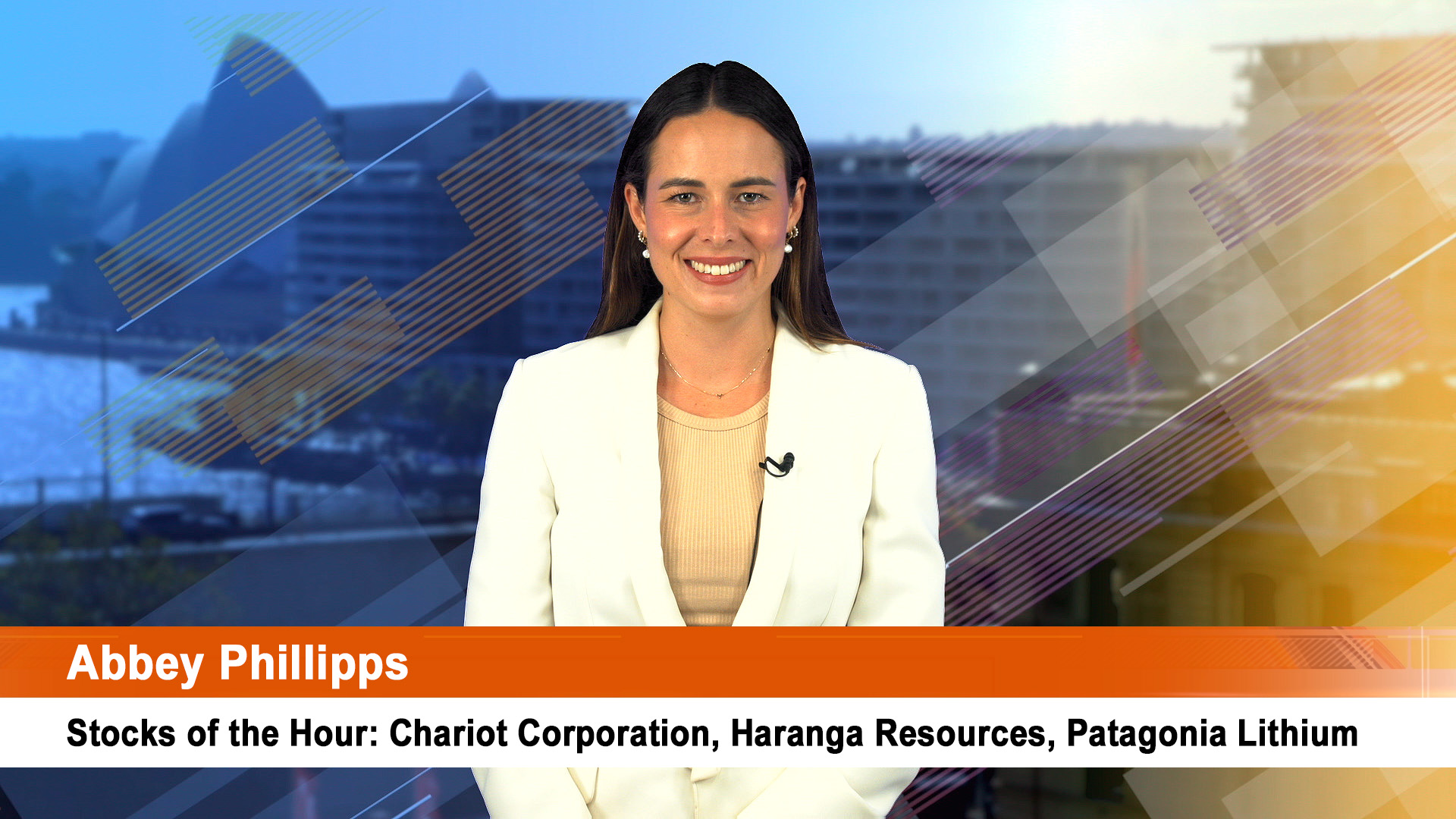Prime Minister Kevin Rudd has announced a crackdown on short selling and stock lending in an attempt at making domestic financial markets more transparent.
In a speech in London at the weekend to the Confederation of British Industry, Mr Rudd said he was "determined to ensure that the Australian regulatory framework remains at the cutting edge of financial developments to ensure an efficient, competitive and informed market".
He said his government believes, at present, that there is a lack of appropriate disclosure relating to equity derivatives – an indirect form of investment which allows investors to gain control over stocks without the same level of disclosure as normal shares.
Mr Rudd said the Treasury would review the current system in an effort to find an appropriate way to ensure transparency.
The government also intends to introduce laws to boost disclosure regulations relating to the short-selling of stocks.
"The recent volatility in stock markets has been exacerbated by the lack of transparency surrounding the increasingly prevalent practice of short-selling," Mr Rudd said.
"It is in the interest of all investors to have greater transparency around these issues."
But while that’s all well and good Mr Rudd should have expanded his promised crackdown to look at the performance of the key regulator, ASIC and the Australian Securities Exchange in the Tricom and Opes Prime stock lending and margin lending debacles.
Tricom seems not to have been as serious a situation as Opes. Tricom was a situation compounded by over lending, sharp falls in stockmarkets and poor record keeping, overlaid by stock lending issues that haven’t been resolved.
They might very well be in any legal action.
Opes Prime encompasses apparent fraud, poor lending controls, insider and related party dealings and poor oversight by regulators.
Both situations have ensnared the ANZ, which seems to have lent a combined $2 billion or so to both companies at various stages, with or without adequate security. Certainly disclosure levels by the ANZ, Tricom, Opes prime and the ASX have been appallingly inadequate.
The disclosure of margin lending transactions by board members and senior executives of listed companies is another issue that the Prime Minister hasn’t confronted. Allco Finance Group, Hedley Leisure, ABC Learning, Allco Principal, Goodman Group and United Group are among some of the companies where directors or senior managers have been forced to own up to margin loan problems (or being ‘margined’ in their lenders).
These and other executives and companies have moaned about the impact of short selling on their stock and argue that disclosing margin loans would expose them to greater volatility. But you could argue that non-disclosure of margin loan positions by directors and senior managers contributed heavily to the problems.
We also didn’t hear anything about the pricing of stock lending by Australian institutions: media and other reports say it’s cheap, compared to the US. If that’s the case then the same fund managers and trustees of the funds have short changed the members by undercharging. The cost should fit the risk and short selling is a risky transaction.
But it’s the way the ASX had failed its basic regulatory task, with the ASIC standing by dreamily and watching the Tricom, Opes Prime, stock lending and short selling problems emerge and not moving swiftly enough to do anything to put itself ahead of the game.
Certainly one of Australia’s senior company directors, QBE chairman, John Cloney knows what has to be done.
Mr Cloney told Friday’s AGM that the Australian Securities Exchange has a regulatory conflict of interest which is damaging the market.
He told the meeting the ASX had more interest in "clipping the ticket’ and raising its revenues as market operator than as market regulator.
It is by far the strongest attack on the regulatory efforts of the ASX from a major Australian businessman. Besides chairing QBE, he’s a director of Boral, fund manager Maple-Brown Abbott and the Australian Institute of Management NSW & ACT.
"We are firmly of the view that the Australian Securities Exchange (ASX) has a conflict of interest in its dual role as market operator and market regulator," he told shareholders.
"As market operator, it is not in the ASX’s interest to take steps to decrease trading volumes. They clip the ticket for every transaction so the more transactions the better. Therefore we believe that existing regulation of the market should be transferred to the Australian Securities and Investments Commission (ASIC) and disclosure introduced to protect smaller shareholders. We do not need more regulation, rather we need effective regulation."
His comments were made after he expressed concern at the activities of short sellers in QBE shares, and called for greater transparency and disclosure of this type of trading.
"In the 21 days following our 2007 results announcement around 24% in volume of QBE’s issued shares have been traded compared with around 9% for the equivalent period last year. The average daily trading volume in this recent 21 day period was around 10 million shares compared with around 3.5 million shares last year.
"Significant short selling of the stock has occurred and on more than one occasion, unfounded market rumours have added to the share price volatility.
“ We are conscious that this phenomena is not limited to QBE shares; however we urge the corporate and market regulators to increase their vigilance and require better disclosure to ensure a more orderly market to protect the interests of all shareholders."













